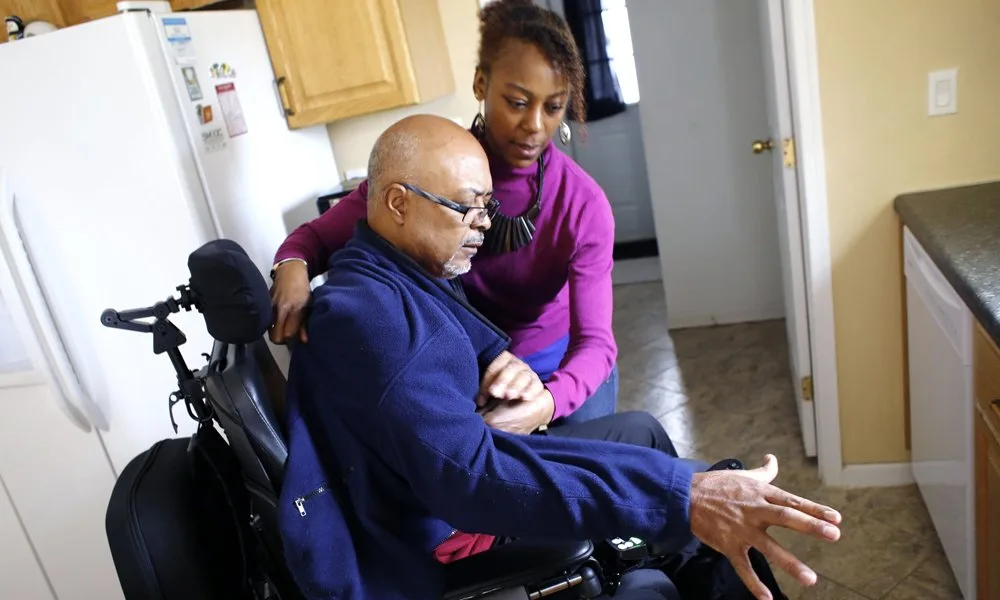For decades, amyloid plaques and tau tangles in the brain were considered the definitive signs of Alzheimer’s disease, believed to cause devastating memory loss. Yet, a fascinating truth is emerging: some older adults show no signs of dementia during their lives, even when their post-death brain scans reveal brains filled with these very plaques and tangles. This extraordinary phenomenon points to what scientists call cognitive resilience.
Cognitive resilience is the brain’s amazing ability to maintain normal thinking, memory, and problem-solving skills, even when faced with significant brain changes or damage, like widespread Alzheimer’s pathology. It’s like their brains have a secret protective shield, allowing them to function normally even with the enemy firmly inside their neural networks.
The Paradox: Sharp Minds, Diseased Brains
This striking paradox challenges our old assumptions about Alzheimer’s. If amyloid and tau directly cause dementia, how can some people carry a heavy burden of these proteins and remain mentally sharp until their final days? It suggests that just having plaques and tangles isn’t the whole story. There must be other factors at play that either stop these problems from causing widespread damage or help the brain work around them.
Scientists are intensely studying these “resilient” individuals to uncover their brain’s secrets. Post-mortem exams of these exceptional brains show not just the expected amyloid and tau, but also subtle differences in their brain structure, how their cells connect, and even how their genes work. It’s like finding a highly organized and robust city that can withstand heavy attacks, while others crumble under less pressure.
Unlocking the Secrets of Resilience
So, what makes this incredible resilience possible? Researchers are exploring several exciting ideas:
- Efficient Brain Connections: Resilient brains might have more efficient neural networks, meaning signals travel more smoothly and effectively, bypassing damaged areas. Think of it like a highway with many alternate routes, so traffic keeps flowing even if one lane is blocked.
- Greater Brain “Buffer”: Some people might simply start with more brain capacity – more neurons, more connections, or larger brain volumes. This provides a cushion against damage, allowing them to lose some brain cells without showing clear cognitive decline.
- Stronger Cell Links: The connections between brain cells, called synapses, are vital for learning and memory. Resilient brains might have stronger, tougher synapses that are less harmed by the toxic effects of amyloid and tau.
- Protective Genes: Certain genes might offer protection against the effects of Alzheimer’s problems, influencing how the brain handles stress or repairs damage.
- Healthy Lifestyle: A lifetime of mentally challenging activities, physical exercise, a healthy diet, and strong social ties are all thought to build cognitive reserve and potentially resilience. These habits may help create a stronger brain capable of fighting off age-related decline.
Hope for All Older Adults
The study of cognitive resilience offers immense hope for all older adults, no matter their genetic makeup or current brain health. By understanding what makes this resilience possible, researchers can develop new ways to prevent dementia and keep minds sharp.
Imagine a future where we can spot individuals at risk for Alzheimer’s early on. Then, instead of just trying to eliminate plaques and tangles, we can use personalized plans to boost their brain’s resilience. This could involve specific brain training programs, tailored diets, new medicines that improve brain cell connections, or even gene therapies that strengthen protective mechanisms.
The existence of resilient brains reminds us that Alzheimer’s isn’t always inevitable with age, even when its classic signs are present. By uncovering the mysteries of resilience, we move closer to a future where more people can enjoy sharp minds and full lives into their later years, despite what might be silently happening in their brains.
Source:











